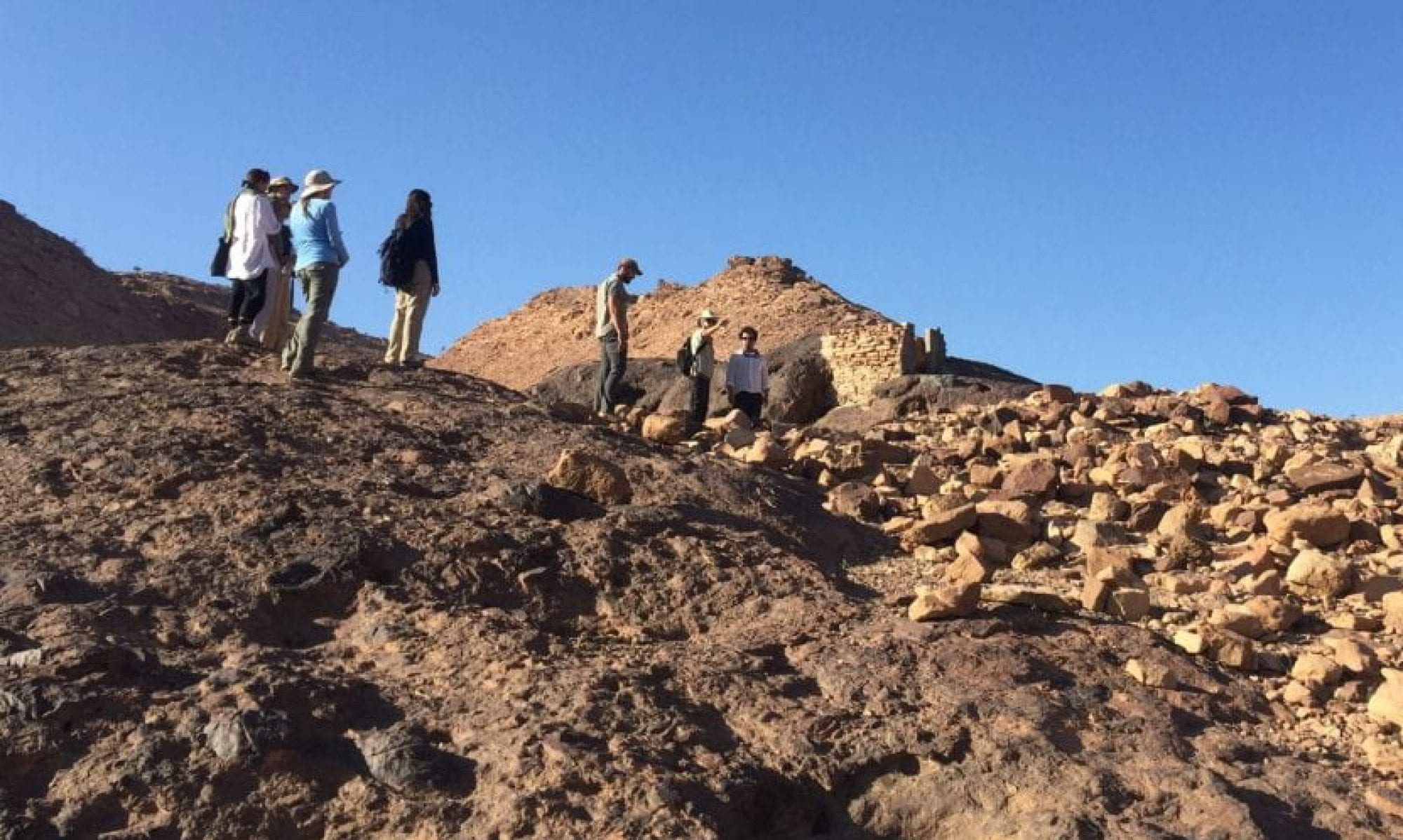November 3-4, 2023
Joukowsky Institute for Archaeology and the Ancient World
60 George Street, Rhode Island Hall, Providence, RI
This two day conference, organized by Amanda Gaggioli (University of Memphis) and Raymond Hunter (Brown University), brings together scholars of the environmental past to discuss how contemporary environmental crises focus the political orientation of their scholarship.
We live in an age of intertwined environmental crises. Ongoing biodiversity loss, global heating, sea level rise, pollution of air and water, geophysical conditions, and mass extinction — crises often grouped together under the term ‘Anthropocene ’— creates an urgency for environmental studies. Despite criticisms in its definition (both when and what the Anthropocene is), the environmental crises for which the term has become shorthand have increasingly focused debate in the social sciences and humanities as in other disciplines. Confronting these crises poses political, theoretical, and methodological challenges as scholars must contend with human-environment relationships assembled at ever expanding chronological and geographic scales.
Scholars of the past have responded to these challenges in different ways. For some, the urgency to attend to contemporary environmental crises prompts a shift towards searching for resolution in ‘lessons from the past.’ Others turn to the environmental past as a means of calibrating theoretical and political engagements in the present; for instance, by drawing on historical data to challenge the ways in which concepts like the Anthropocene recast a false and treacherous ontology of humans as apart from, separate to, and outside of ‘nature’, or advocating radical ethics that foreground the unruliness of uniquely modern objects and materials, such as plastics and pesticides. Still others draw on Indigenous and non-Western ontologies and advocate political (re)alignments that approach the living world holistically, understanding bios and geos alike as living entities. Others draw out the historical connections between environmental crises and ongoing injustices, especially anti-Indigenous and anti-Black violences, to demand that climate politics attend to inequalities along intersections of race, class, gender, coloniality, and latitude.
This conference aims to further these critical approaches by querying how researchers who focus on the material traces of the human-environmental past can engage the political valences of contemporary and future crises in their scholarship. It also explores theoretical and methodological challenges posed by contemporary environmental crises, especially questions of scale posed by globalizing ecological thought. How can studies of the environmental past contend with the political urgencies, theoretical quandaries, and methodological challenges engendered by contemporary crises? How do these crises re-focus and re-calibrate the ways in which researchers should approach the environmental past?
The conference will provide a unique opportunity for scholars to engage in dialogue and collaboration, while reorienting studies of the environmental past to attend to the political exigencies of ongoing environmental crises at scales that portend a new geological age.
Speakers and Respondents
Conference Schedule
ABSTRACTS
Free and open to the public. No RSVP or registration required.
Co-Sponsored by Brown University’s Joukowsky Institute for Archaeology and the Ancient World and by the Institute at Brown University for Environment and Society.

